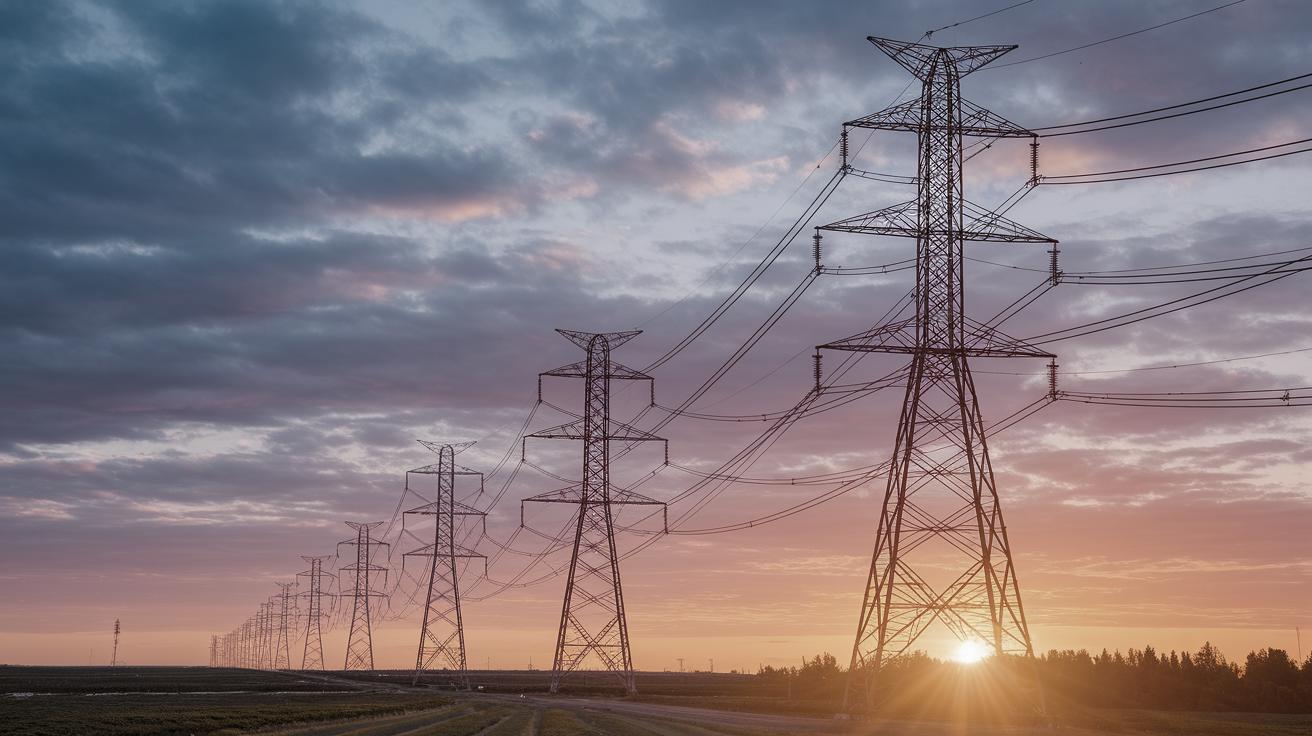What Does an Energy Analyst Do?
The role of an energy analyst is pivotal in today’s energy-driven world. Energy analysts play a crucial part in optimizing energy usage, identifying trends, and providing insights that can lead to financial savings and increased efficiency. This blog post will delve into the essential skills required for the role, the typical day-to-day tasks an analyst might perform, and provide related resources to deepen your understanding of the field. Whether you’re considering a career in energy analysis or seeking to understand the profession better, this guide will offer valuable insights.
What skills do you need to be an energy analyst?
An energy analyst must possess a strong analytical ability, as the core of their job is to sift through data to identify patterns and trends. Analytical skills go hand-in-hand with technical acumen, particularly proficiency in software tools and platforms used for data analysis and visualization. A solid grasp of mathematics, particularly statistical analysis, is also pivotal to derive meaningful conclusions from data sets.
In addition to technical skills, energy analysts need to have excellent communication abilities. They must be capable of interpreting complex data and translating this into clear, actionable insights for stakeholders. This requires not only an understanding of the data itself but also an awareness of the strategic goals of the business or institution they are working for.
Furthermore, a strong educational background, typically in engineering, environmental science, or economics, is often required, along with continuous learning to keep up with evolving technologies and methodologies in the energy sector. Problem-solving skills are equally important, allowing analysts to devise innovative solutions to energy-related challenges.
What does a day as an energy analyst look like?
A day in the life of an energy analyst can vary significantly depending on the specific industry and company they work for. Generally, energy analysts start their day with reviewing and interpreting energy market trends and recent data. They might engage in collecting and analyzing data related to energy consumption, costs, and efficiency from various sources to support their analyses.
In the course of their day, energy analysts often prepare reports and presentations for management or clients. These documents serve to inform decision-making processes and strategize on how to optimize energy operations and reduce costs. This task might involve significant collaboration with other departments such as finance, operations, and external clients, ensuring the data is not just understood but actionable.
Energy analysts also spend time utilizing specialized software to model energy usage scenarios or forecast future energy demand. They may attend meetings and discussions to relay their insights and advise on best practices. Continuous learning and research is a part of their routine to stay ahead of changes in energy policies, technologies, and market dynamics.
Related Resources
Energy Risk Management
Understanding and managing risks associated with energy markets is an integral part of an energy analyst’s role. Resources like textbooks on energy risk management, online courses, and seminars can enhance an analyst’s ability to predict market trends and mitigate potential risks efficiently.
Oil 101
For those interested in the oil sector of energy, foundational knowledge is crucial. “Oil 101” resources, including books and online modules, provide comprehensive insights into the operations, economics, and structure of the oil industry — a vital aspect of many energy analysts’ knowledge base.
Power 101
Similar to Oil 101, Power 101 resources educate analysts about the production, distribution, and financials of electricity and power markets. These resources are invaluable for those focused on power generation and distribution, offering a solid foundation to understand their complexities.
Jobs Data
Staying updated with jobs data in the energy sector helps analysts and potential analysts understand job trends, salary expectations, and key markets for employment. Platforms like LinkedIn, industry reports, and labor statistics databases can serve as useful tools to navigate career prospects.
Career Path in Energy Articles
Reading articles and interviews with seasoned professionals can offer firsthand insights into the energy sector. These resources often cover career progression, challenges within the field, and tips for success, which are invaluable for both aspiring and experienced energy analysts.
Future Prospects
| Aspect | Details |
|---|---|
| Skills Required | Analytical skills, communication, technical proficiency, education in related fields, problem-solving. |
| Daily Tasks | Data analysis, report preparation, collaboration with teams, ongoing learning, meetings and discussions. |
| Related Resources | Energy Risk Management, Oil 101, Power 101, Job Data, Career Paths. |


